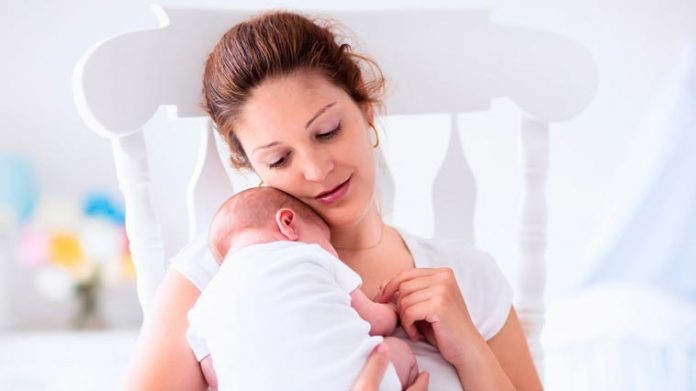 With every childbirth comes smiles, tears of joy, blessings, gentle touches and soft kisses. With every child birth, comes an experience no woman will ever forget, a human being that you nurture inside of you for months, so close to your heart and part of your soul. Each woman encounters a different birth journey, yet they all share the same dazzling outcome: eeting your child for the very first time.
With every childbirth comes smiles, tears of joy, blessings, gentle touches and soft kisses. With every child birth, comes an experience no woman will ever forget, a human being that you nurture inside of you for months, so close to your heart and part of your soul. Each woman encounters a different birth journey, yet they all share the same dazzling outcome: eeting your child for the very first time.
There is something else that might creep into this miraculous day, something that can rip out the joy, and replace it with confusion, frustration and even sadness. Something that we all know about, but often do not address out loud. Something that will sneak up on you and make you swim in a wave of emotions; it can make you numb, fragile and so lonely even if you are surrounded by friends and family. It is postpartum depression (PPD).
One in seven women experience postpartum mood disorders, including postpartum depression. The term describes a range of physical and emotional changes that many new mothers go through. The chemical changes involve a rapid drop in hormones after delivery. The levels of oestrogen and progesterone – the female reproductive hormones – increase tenfold during pregnancy. Then, they drop sharply after delivery. By three days after birth, the levels of these hormones are back to what they were prior to pregnancy. However, the risk of having PPD can be a concern during the whole first year after giving birth, and not just the first few days, weeks or months.
We hardly ever talk about the topic, we know little about it other than its name. We barely know how to deal with it, or with someone going through it. Even women experiencing it may not be aware what they’re suffering from, because some of the symptoms are so similar to what life with a newborn looks like, such as: difficulty sleeping, appetite changes, excessive fatigue, decreased libido and frequent mood changes. However, these are also accompanied by other symptoms of major depression, which are not normal after childbirth, and may include depressed mood, loss of pleasure, feelings of worthlessness, hopelessness and helplessness as well as thoughts of death or suicide or thoughts or hurting someone else.
Myths often portray women with PPD in a negative light, which dissuades many from seeking help. Mums worry what others will think of them if they show any sign of PPT, or ask for help. They worry about being seen as unfit for motherhood, which leads them to suffer in silence, while dealing with all the stress, anxiety and guilt that already comes with motherhood.
No matter how common this disorder, it can look different in every woman. Postpartum depression is not a one-size-fits-all kind of illness. Indeed, some women do feel sad and do cry nonstop, others feel numb, while yet others mainly feel irritable and angry. Some mums also have fears that they’ll inadvertently harm their kids, which amplifies their anxiety and distress. Many mums appear to function just fine but struggle in silence. They still work, take care of the kids and seem calm and polished. That’s because most women experience more moderate symptoms of PPD. They are able to function in their roles but have significant anxiety and mood symptoms that rob them of the joy of being a mother and interfere with their ability to develop good attachment and bonding with their infants.
As women, it is our duty to be aware of how devastating yet very common PPD is, and to make others aware too. We need to work together to eliminate the stigma around it, and help those who are suffering in silence.


































